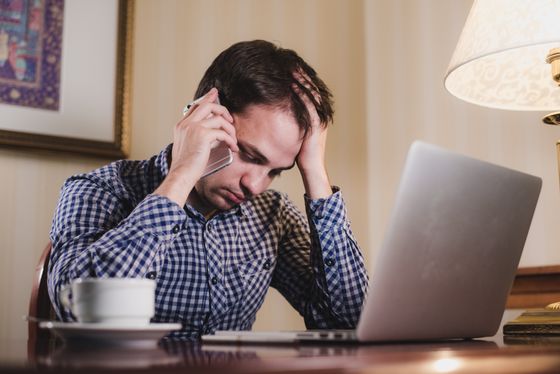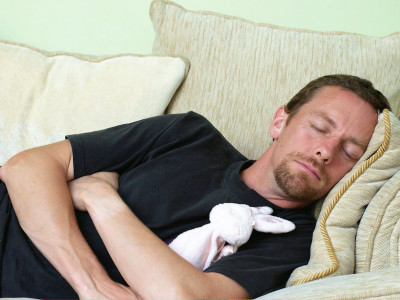Research shows that just shortening the '16 minutes' sleep time will reduce work efficiency

By
Many people would like to be able to handle more work in the same work time by doing an 'efficient way of working'. However, Sumi Lee, an associate professor at the University of South Florida, who is studying sleep, has shown that even a 16 minute reduction in sleep time will have an impact on the next day's work.
Bidirectional associations of sleep with cognitive interference in employees' work days.-PubMed-NCBI
https://www.ncbi.nlm.nih.gov/pubmed/30905693
Daily antecedents and consequences of nightly sleep-Lee-2017-Journal of Sleep Research-Wiley Online Library
https://onlinelibrary.wiley.com/doi/full/10.1111/jsr.12488
Just 16 minutes of sleep loss can harm work concentration the next day
https://theconversation.com/just-16-minutes-of-sleep-loss-can-harm-work-concentration-the-next-day-115278
Lee, who is studying sleep, conducted an experiment to investigate the relationship between 'thinking that interferes with work (cognitive interference)' and 'sleep.' In the experiment, 130 middle-aged office workers in an American IT company were surveyed for eight days on 'sleeping time' and 'how focused on their work'. Questionnaire asks 9 questions such as 'How often did you think of a sudden idea?' In a 5-step evaluation, and the higher the score, the more often cognitive interference occurs. It means high, that is, 'I was not able to concentrate on my work.'
As a result of the experiment, it was revealed that on the day when you had a sleep that was shorter than usual and had poor quality, the score on the questionnaire was high, that is, the subjects could not concentrate on work. When all the results were tabulated, it was found that shortening the sleep time by 16 minutes increased the score of the questionnaire by one point.

By
In addition, analyzing the results of the questionnaire, it is also clear that the relationship between sleep time and cognitive interference is less on holidays than on weekdays. About this result, Lee seems to think that there is not an opportunity to feel cognitive interference on holidays, and that sleeping time can be secured.
On the other hand, Lee says to the study of sleep, 'The obtained results are empirical evidence, and studies on the relationship between sleep and cognitive function are not enough yet.'

By Grigory_bruev
In addition, we are conducting a survey to investigate the relationship between sleep quality and stress and activities in the private sector, for a company employee who will be an IT company in 2016. The office workers targeted for the experiments were all IT specialists, who tended to work long hours, and the line between work and personal life was thin. Studies have shown that sleep can affect work performance, such as decision-making and concentration.
Lee said, “Good sleep makes work more productive and a stressful place to work. To prioritize sleep, a culture that minimizes off-hour calls, emails, and early morning meetings It is important for the staff to make and forget about phone calls and emails before going to sleep, doing regular exercises, relaxing and having a 7-hour sleep.
Related Posts:
in Science, Posted by darkhorse_log







